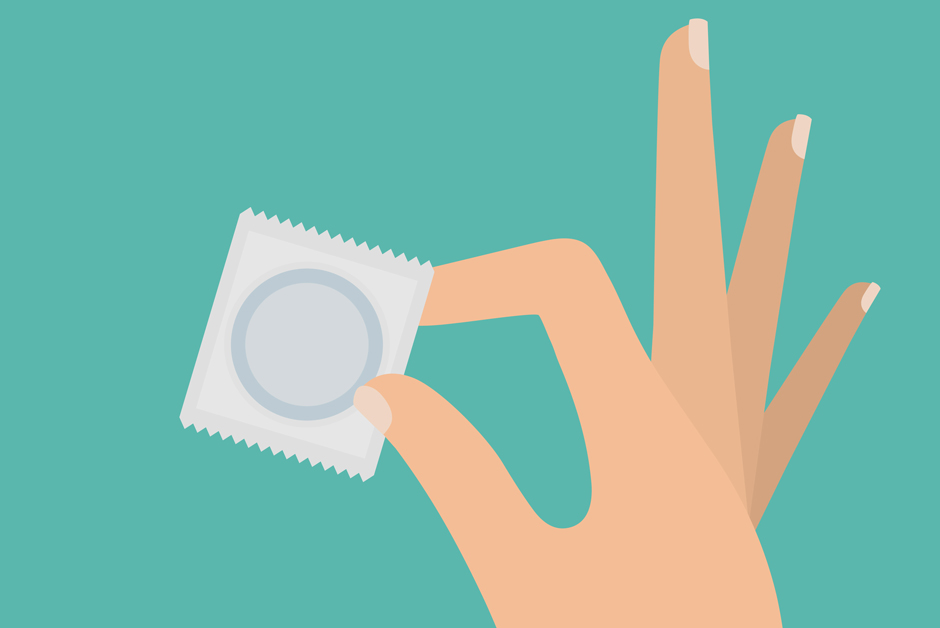Your vaginal health is dependent on a number of controllable and uncontrollable factors. However, the former far outweighs the latter, which means that, much of the time, the health of your vagina is in your control.
When we talk about uncontrollable factors, this could be genetics, age, the type of medication that you may be taking, whether you are suffering from a condition which could cause a vaginal health issue, or if you have suffered with sexual violence or abuse.
These factors relate to a number of female health issues, including gynaecological cancers, sexually transmitted diseases (STDs), vaginismus, and more.
However, when it comes to the things we can control, there are a great many conditions that can be avoided by becoming more aware of your vaginal health and taking steps to maintain it.
How can I have good vaginal health?
Here, we talk about how you can take control of your vaginal health by avoiding these six bad habits.
1. Vaginal Steaming
The popularity of this treatment has increased dramatically across the Western world in recent years; however, its roots lie in ancient tradition, where women across Africa, Asia and Central America would squat over steaming water infused with mugwort and other herbs with the aim of supposedly improving fertility, cleanliness and sexual pleasure. Modern marketing of this treatment is also plagued with unbacked claims that it can balance hormones.
Dr Albert Aka, Consultant Gynaecologist at The Gynae Centre says: “Not only do we lack evidence of these health benefits, but vaginal steaming is also fraught with potential hazards. Firstly, using steam close to the vagina could cause painful burns. In addition, you may find that you are allergic to the herbs used in the treatment, which could result in an allergic reaction. Finally, there is a possibility of a vaginal infection, as the pH balance in a vagina is very delicate, and could be disrupted with the introduction of infused steam.”
2. Douching
As mentioned above, the vagina has a delicate pH balance, and this should be considered when inserting any substances, especially liquids such as those used in douching. The vagina’s pH is around 4.5; this acidic environment helps to keep bacterial and fungal infections at bay.
Douching involves ‘cleaning’ the vagina using a spray device that contains a liquid formula (usually water and vinegar, but many store-bought products also contain antiseptics and fragrances). Some women claim that this helps to reduce the presence of unpleasant odours, clears lingering menstrual blood and prevents STDs, but there is a lack of evidence to support this.
Instead, douching is a common cause of bacterial vaginosis, a condition which results in foul smelling discharge and itching. In addition, one study found that women who douched frequently were 3.6 times more likely to develop pelvic inflammatory disease (PID) than those who douched less than once per month. There is even the possibility that douching could increase the risk of cervical cancer, as susceptibility to contracting human papilloma virus (HPV, the main cause of cervical cancer) is higher due to the disruption of the acidic environment.
3. Shaving
Whether you’re shaving to ‘feel cleaner’, for aesthetic purposes or because your partner prefers less hair, we recommend stopping. Shaving is highly irritating to the vulval skin, and can cause micro tears, which increase risk of infection.
Not only that, but if you are removing your public hair with the aim of improving the appearance of your vulva, shaving can actually have the opposite effect, as it can cause acne, inflammation and ingrown hairs to appear.
4. Having unprotected sex
Unless you and your partner have received negative tests for all STDs, you should avoid having unprotected sex. Some STDs, such as chlamydia, gonorrhoea, syphilis and herpes, can also be transmitted through oral sex, so it might be best to avoid this or use a dental dam or condom to decrease your risk of contraction. Remember condoms and other forms of sexual protection do not always shield you from STDs, so if you’re unsure, just say ‘no’.
STDs aren’t just an annoyance that come with having unprotected sex. Some can cause fertility and other gynaecological issues if left untreated, and some can be life threatening. If you are sexually active, even if you are using protection, it’s important to get checked for STDs regularly.
5. Ignoring abnormal pain or bleeding
It is not normal to bleed outside your period, or very heavily at any point in your cycle (more than three tablespoons of blood per period). It is also abnormal to feel severe pain in your pelvic region during or outside your period. If you are experiencing either of these symptoms, it could be a sign of a gynaecological condition such as:
- Endometriosis
- Polycystic ovary syndrome (PCOS)
- Ovarian cyst
- Fibroids
- PID
- Uterine cancer
Sometimes, stress or depression, or certain medications, can cause abnormal bleeding or pain. Regardless, you should talk to an experienced gynaecologist if you are concerned.
6. Avoiding smear tests
It’s common to feel a little apprehensive about smear tests, but this quick routine investigation could be life saving. A smear test can check for the presence of HPV. This common STD is usually cleared by the body, but in some cases it can result in cervical cell changes, otherwise known as cervical cancer. Attending routine smear tests can prevent cervical cancer, so make sure to book an appointment now if you are due a test.
If you are worried about feeling uncomfortable during a smear test, read our article: 8 Tips For Making Your Smear Test More Comfortable.
When to see a gynaecologist
It’s empowering to take control of your own vaginal health, but if you are experiencing abnormal discomfort, pain or other symptoms relating to your vagina or pelvic region, book a consultation with a gynaecologist today.
Gynaecologists have experience in diagnosing and treating all manner of conditions, so don’t feel embarrassed about speaking to an expert if you are worried about your vaginal health.
You can book a consultation online with a knowledgeable and experienced gynaecologist at The Gynae Centre.






